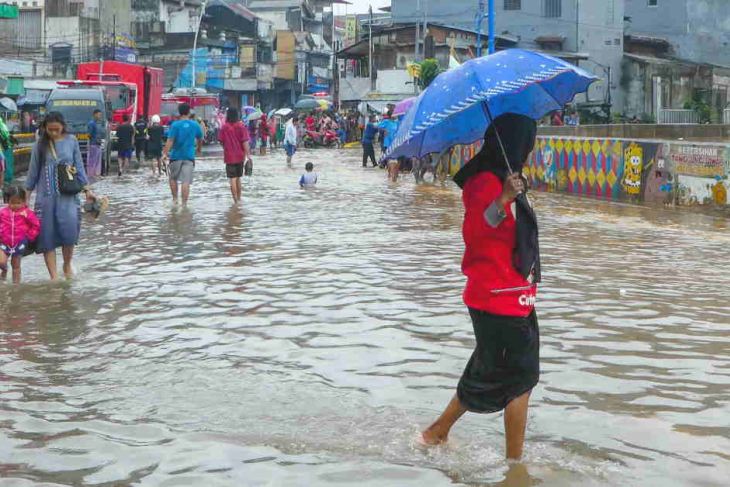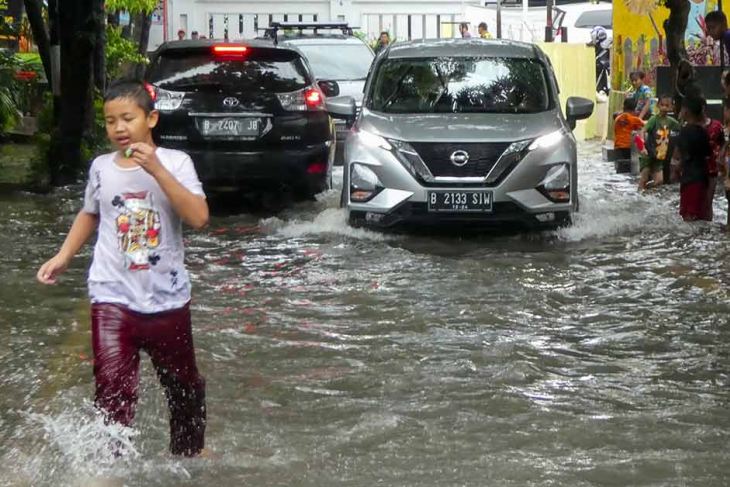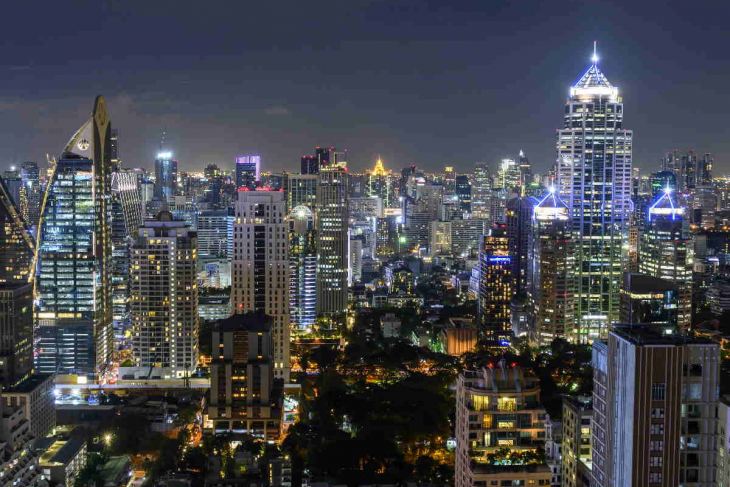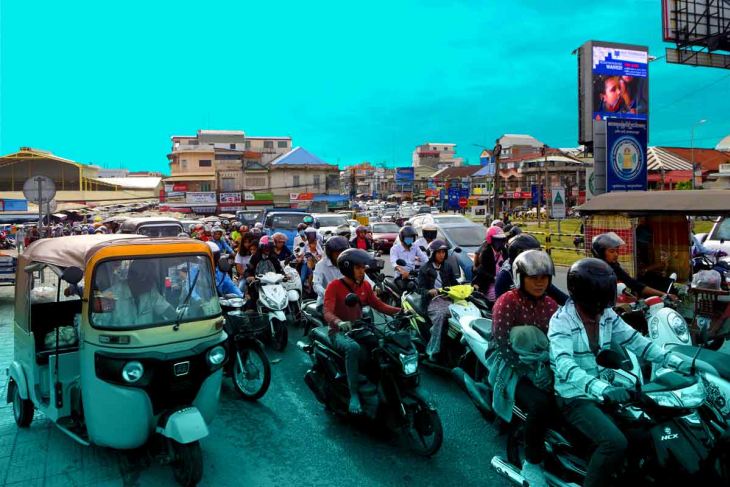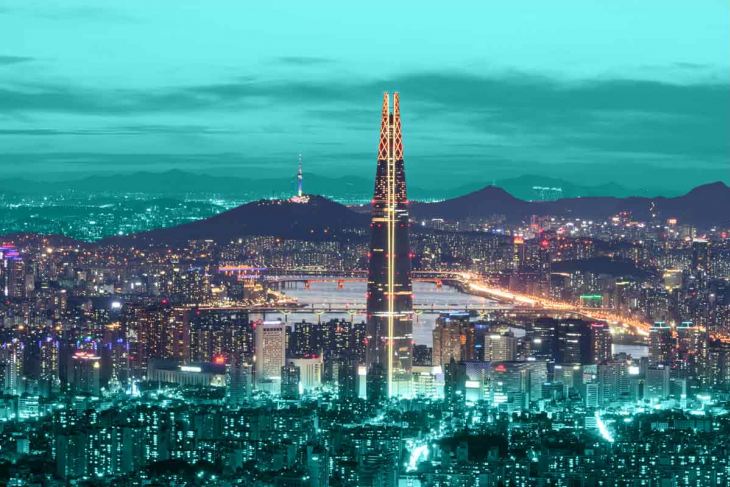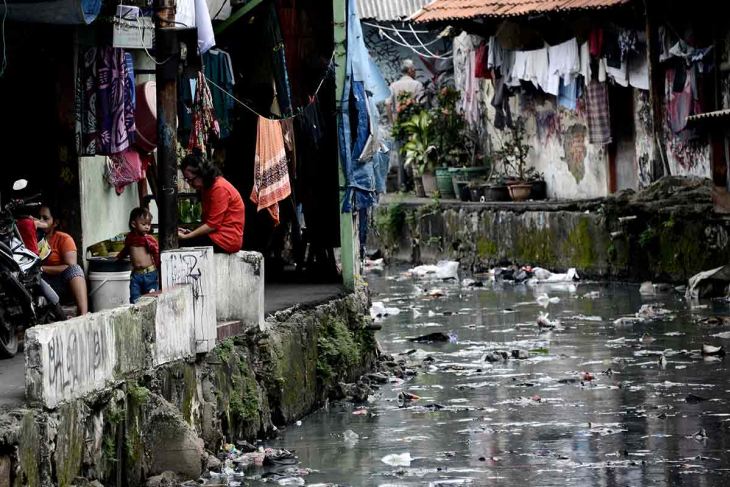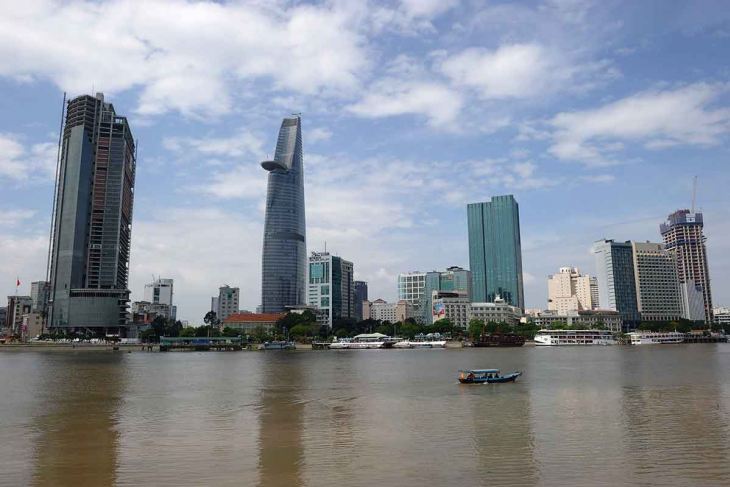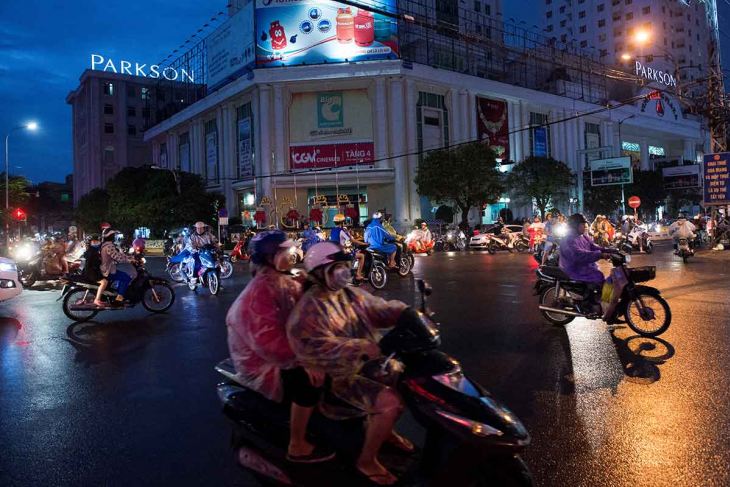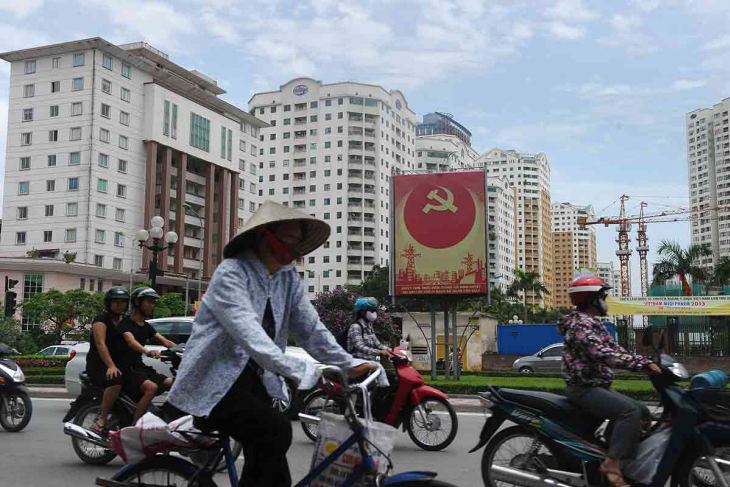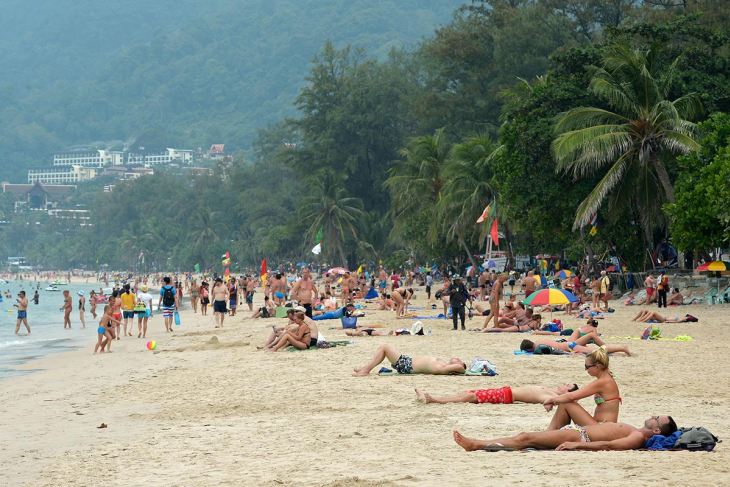ASEAN Smart Cities Network
Cities are home to most of the world’s population and where problems and solutions meet. They are centres of economic growth and innovation. However, the high concentration of people and economic activities in cities make them most vulnerable to various disasters, epidemics and pandemics. In several countries, the COVID-19 pandemic emerged in cities and spread to rural areas via peri-urban and transport corridors.
The World Bank estimates the global population to reach 8.5 billion by 2030 with two-thirds of this number living in cities. From that, an estimated 90 million people will move to cities in the Southeast Asian region. This means that urban dwellers would reflect 45 percent of ASEAN’s population where millions of people, especially those living in vulnerable places along river banks, canals and hill sides, will be exposed to the harmful effects of environmental damage.
According to the World Bank, the global population is projected to reach 8.5 billion by 2030 with two-thirds of this number living in cities. From that, an estimated 90 million people will move to cities in the ASEAN region. This means that urban dwellers would reflect 45 percent of ASEAN’s population where millions of people, especially those living in vulnerable places along river banks, canals and hill sides, will be exposed to the harmful effects of environmental damage.
A smart city is an urban area that uses technologies such as the Internet of Things (IoT) and big data to efficiently manage its assets, ultimately enhancing its residents’ quality of life.Reduced congestion, pollution control and better energy efficiency are just some of the many advantages of living in a smart city – and ASEAN has 26 of them now under its ASEAN Smart Cities Network (ASCN) pilot cities initiative.But as appealing as better air quality and less traffic jams may be to the regi
While Cambodia might be pulling out all the stops to develop its smart cities, the lack of an integrated master plan is hampering these efforts.The ASEAN Smart Cities Framework defines a smart city as one that harnesses technological, digital solutions and innovative, non-technological means to address urban challenges – continuously improving people’s lives and creating new opportunities.Envisioned in April 2018 as a platform to support the creation of technologically advanced urban areas&am
More efficient waste and traffic management systems are among the best practices that ASEAN can adopt from Korea.The two areas were among the fields in which policy recommendations were proposed at the recently concluded 2019 ASEAN-Korea Youth Network Workshop which gathered 80 university students from 13 countries for 10 days of lectures, site visits, cultural exchange activities and discussions – all with the aim of building cooperation between ASEAN and Korea in developing sustainable smar
The World Bank estimates the global population to reach 8.5 billion by 2030 with two-thirds of this number living in cities.
The Association of Southeast Asian Nations (ASEAN) has come a long way economically and politically over the past 51 years. However, one dimension of ASEAN’s integration process has often been looked over – its social integration between the people of various nationalities in the region. While dollars and cents are undoubtedly important, economic prosperity alone, won’t ensure ASEAN’s success.
As ASEAN moves into the future, the regional bloc is faced with two trends – digitalisation and urbanisation. While urbanisation can be seen as a positive thing, there are also possible spill over effects if not mitigated properly.
The coastal city of Danang in Vietnam, is famed for its white sandy beaches and idyllic resorts and is Vietnam’s fifth largest city. Home to more than a million residents, the city is rapidly urbanising and its population is set to more than double to 2.5 million by 2030.Danang joins 25 other pilot cities from member states of the Association of Southeast Asian Nations (ASEAN) as part of the ASEAN Smart Cities Network (ASCN).
Hanoi is a city rich in history and culture that has been occupied by foreign forces in the past. From being ruled by ancient Chinese dynasties and the French in the 19th century to surviving a war with the United States (US). Because of its chequered past, the city has unique characteristics – its buildings and food are influenced by the French while its culture has been influenced by the Chinese.Today, Hanoi is undergoing another major transformation.
The island of Phuket, known for its idyllic sandy beaches and pristine blue seawater is probably on the bucket list of most travellers. Ranked as the sixth most popular tourist destination in the Asia Pacific region by Mastercard’s Asia Pacific Destinations Index 2017, the island’s tourism backbone is set to change for the better with the wide-scale incorporation of technology.Phuket has been touted as Thailand’s first ever smart city – even surpassing the capital, Bangkok.

